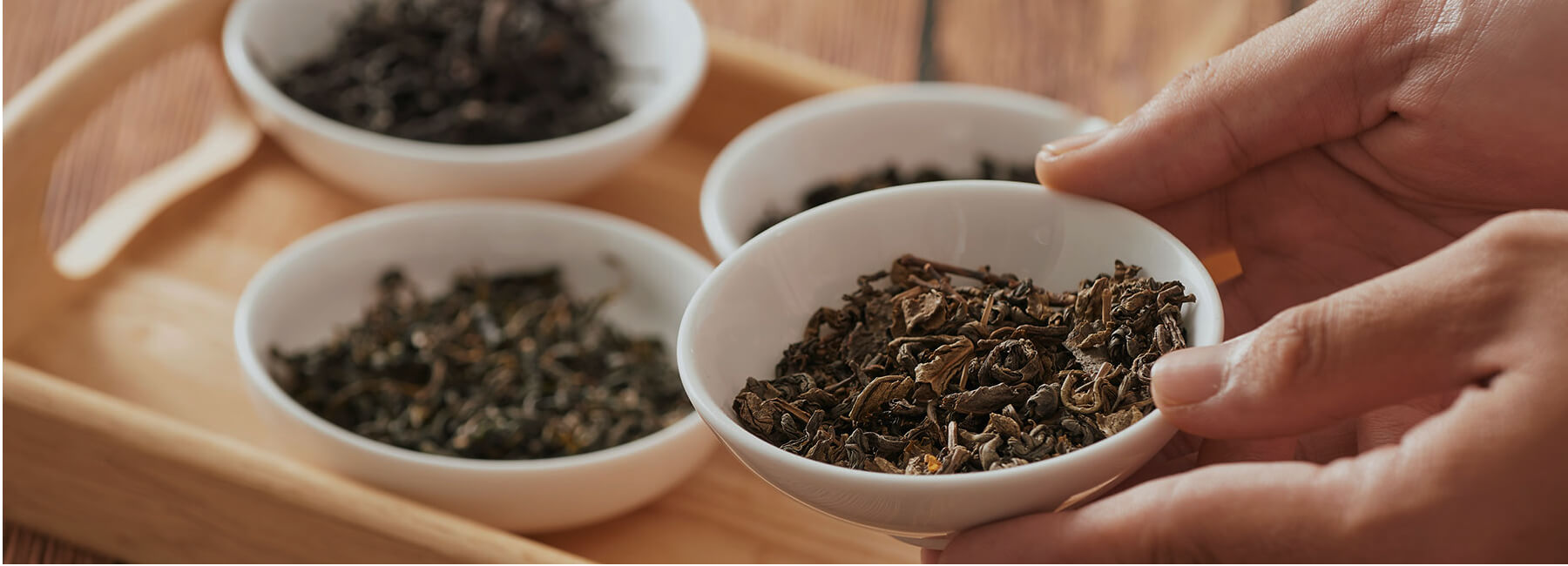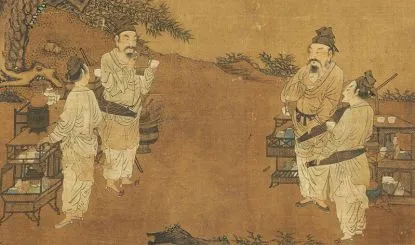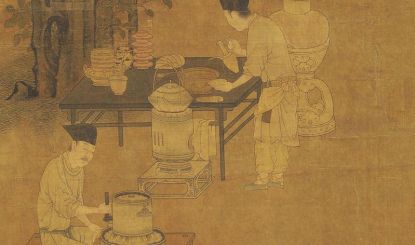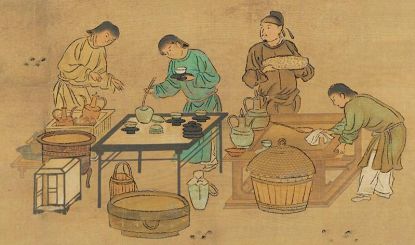By clicking "Accept All," you consent to us placing cookies to enhance your experience on this website, assist us in analyzing website performance and usage, and enable us to deliver relevant marketing content. You can manage cookie settings below. Clicking "Confirm" indicates your agreement to the current settings.


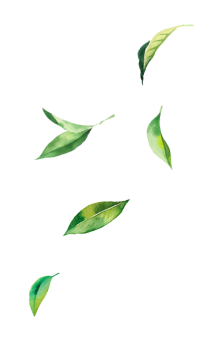
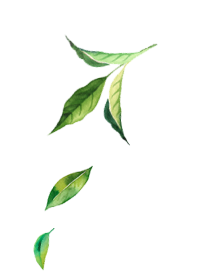
Perspectives on Tea Drinking in the Qing Dynasty
Chin Ting-Piao Admiring a Spring The National Palace Museum, Taipei, CCBY-4.0 @ www.npm.gov.tw
Perspectives on Tea Drinking in the Ming Dynasty
Ming Tang Yin Competing over Tea The National Palace Museum, Taipei, CCBY-4.0 @ www.npm.gov.tw
Perspectives on Tea Drinking in the Song Dynasty
Song Liu, Song-Nian Making Tea The National Palace Museum, Taipei, CCBY-4.0 @ www.npm.gov.tw
Perspectives on Tea Drinking in the Tang Dynasty
Literary Gathering The National Palace Museum, Taipei, CCBY-4.0 @ www.npm.gov.tw
The View of Drinking Tea in Primitive Society
Perhaps you wouldn't believe it, but in ancient times, when brewing tea, almost everything was added - Onions! Ginger! Coriander! Orange peels, green beans, and sesame seeds were added, followed by a sprinkle of salt. This concoction, known as “Eight Treasure Tea Congee”, has been cherished as a delicacy for over two thousand years since the Zhou Dynasty.
Tea Culture - A Brief History of Chinese Tea Drinking
Founder Mr. Liu, Han-Chieh once said: “Using a river as a metaphor, each dynasty's way of drinking tea is like a tributary, eventually converging into a river larger than the Amazon River. These tributaries not only belong to the past but still deeply influence us today, and they all leave traces that can be followed. Every sip of tea we drink is both history and the present”.
The Gong-Fu Tea
If it weren't for someone using the term “patented”, invoking the essence of the traditional method of brewing oolong tea from southern Fujian province, in today's society where bubble milk tea is ubiquitous and with the variety of tea types available, who would still argue about it? The socio-economic direction of tea consumption follows the mainstream trend, with most people using it for their daily lives, thus exerting a significant societal impact. Otherwise, it's just history.
Song Dynasty Tea Culture
The tea-drinking customs of the Song Dynasty can be puzzling for those who are not acquainted with them. Even for those with some knowledge, uncertainties may arise. How was it all orchestrated? It appears that their emphasis was primarily on ceremonial offerings, which might not fully capture the true essence of tea. Does this imply that other varieties of tea were not regarded as genuine tea?





